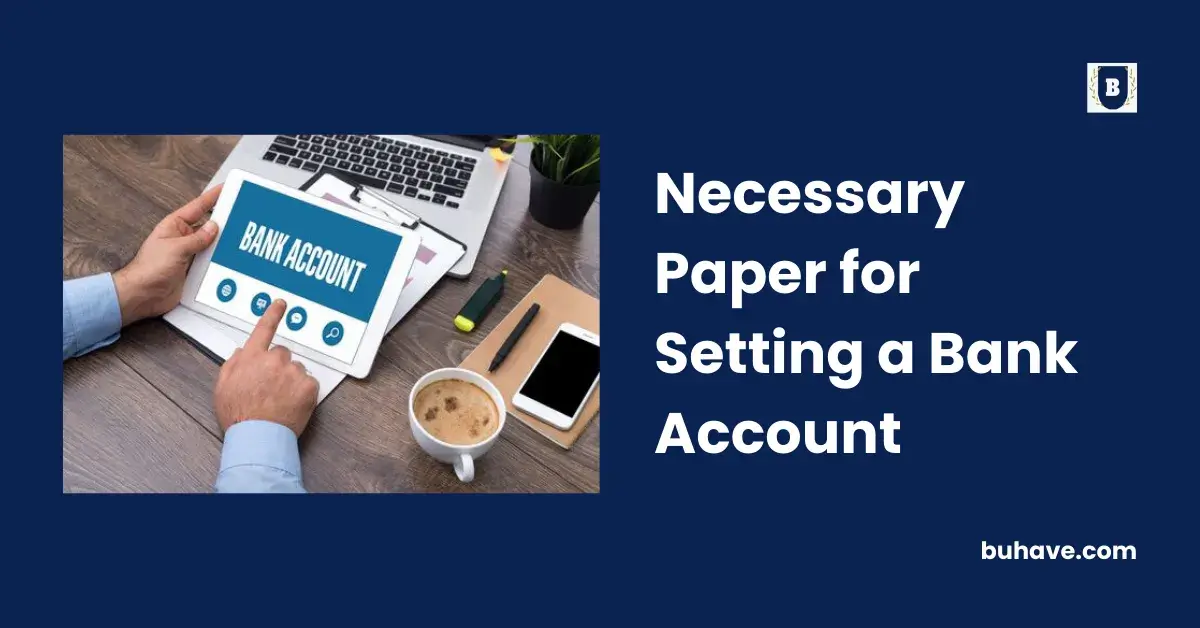If you’re planning on opening a new savings account, you’ll have to bring in some paperwork. Even if the terms of your savings account say that there are no minimums or requirements, you might still have to bring certain documents with you so that the bank can verify who you are and how much money they should give you access to. Here are what documents do you need to open a bank account:
You need a Social Security number for a bank account
Most banks will only open a savings account for you with a Social Security number. The nine-digit number issued by the U.S. government is needed to verify your identity and protect you from identity theft, so it’s necessary if you want to keep your hard-earned money safe.
If your bank asks for a Social Security number and you don’t have one, ask if they have an alternative form of identification (like a driver’s license) that will suffice in place of the official nine-digit code issued by Uncle Sam.
You need ID for a savings account
For most banks, this means you’ll need to be over 18 and have your photo on file with the bank. You can use any of the following forms of ID:
- A driver’s license or passport (U.S., Canadian, etc.)
- A school ID that has both your photo and name on it (newer version preferred)
- An official government-issued ID (e.g., military, state-issued ID card)
Some banks may ask for a credit card number for a savings account
If your bank asks for a credit card number, think twice before providing it.
A savings account’s purpose is to keep your money safe and available when needed. Your credit card will do little in terms of security for your savings account, so there’s no reason to give out this information unless your bank guarantees explicitly that it will provide some benefit—which is uncommon.
In terms of building up a good credit history and score: the only way one can truly build their credit history and score is by using a line of credit (e.g., a credit card). Using a savings account will only help a little with either goal because they’re not considered lines of credit in most cases (with rare exceptions).
A new bank may not require a specific income amount for a savings account
In the past, you may have only been able to open a savings account if you had a minimum credit score or income. Nowadays, banks are more likely to ask for a minimum balance on your savings account or even a deposit. Some banks will also require a checking account as well as a credit card to qualify for opening an interest-bearing savings account.
A new bank may not require any of these things, but it’s good to be aware of them because they are still common practice at many financial institutions. SoFi says, “Any interest earned on a savings (or checking) account is considered taxable income and will be reported to the IRS.”
A savings account is an excellent place to start saving money. It can help you learn how much money is needed for certain things, like buying groceries or paying bills. If you’re new to banking and have no savings account, your options are still limited! However, many banks offer free accounts with no minimum balance requirement at all.
Here is how to simplify your finances

